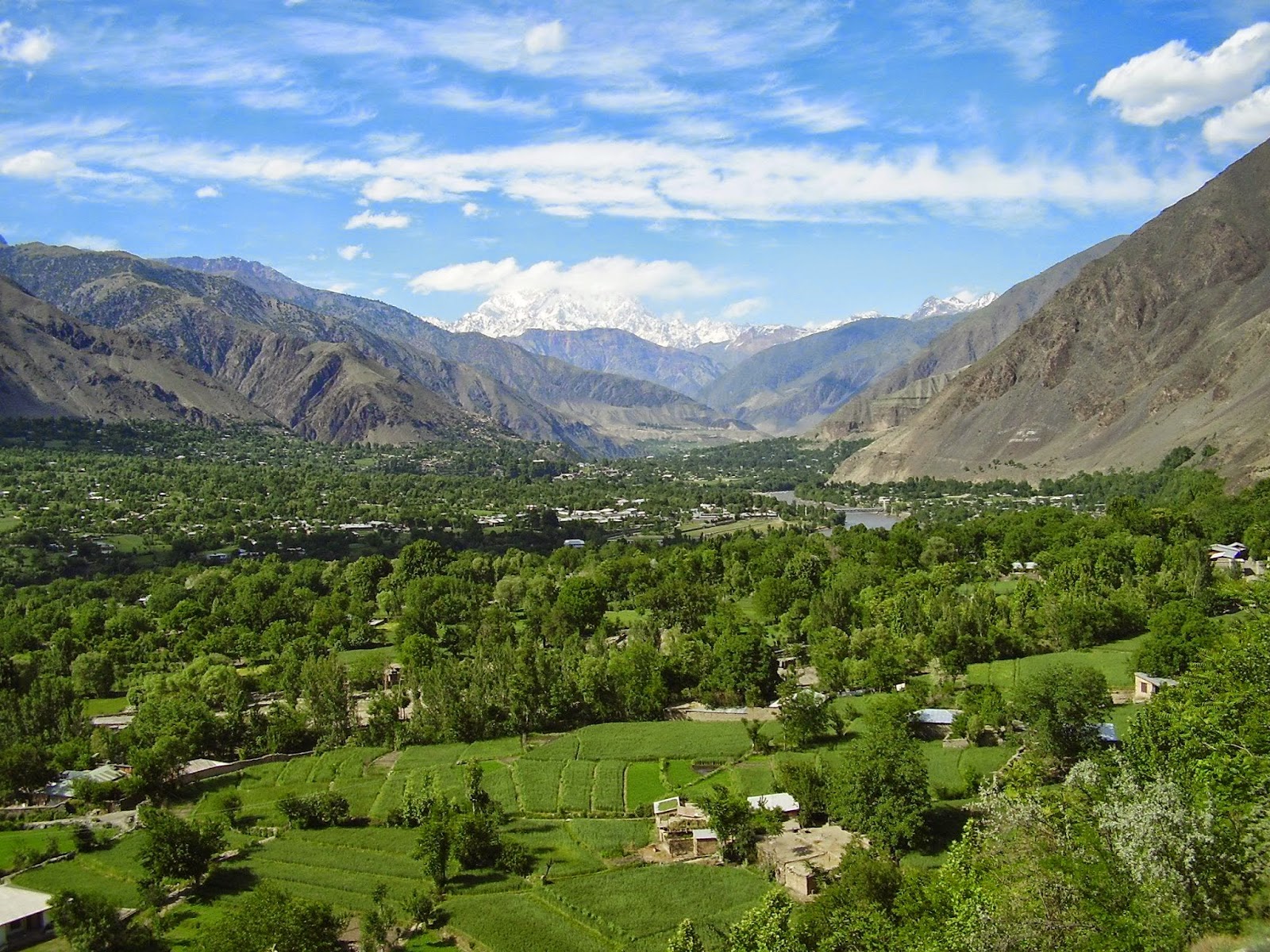sensi addict
Member
yeah,ive heard it.its why afghans etc dont smoke buds in the main...that and the fact its easier to carry hash in that sandpit.




Sorry for getting offtopic but calling Afghanistan a sandpit isnt fair or accurate. It's a bit like calling America a sandpit because it contains the Mojave. Afghanistan can be a barren, rocky place, and the southern regions contain desert but it's not a giant desert. There are beautiful areas like Panshir Valley and the Chitral region.
View Image
View Image
View Image

By Abubakar Siddique
June 02, 2012
Pakistan's Goat-Grown Hashish
For Noor Muhammad Afridi, dealing in "Awal Namber Garda" is more than just his life's work.
By providing the black, sticky hashish that keeps his customers very happy, he's keeping up a long family tradition.
Just like his forefathers in the Afridi clan, the 32-year-old from Pakistan's tribal areas along the Pakistan-Afghan border has become a connoisseur of the local delicacy, aged to perfection with a centuries-old technique.
"If you put [freshly prepared] hash resin into a goatskin or a sheepskin, it matures into something very good," he says. "It is well-preserved inside the skin, which also adds oil to it."
The technique is believed to greatly enhance the hashish's quality and, more importantly for its users, its effect.
If the end product makes the cut, it earns the right to join the prize sheepskins hanging from the rafters of Afridi's hash shop in Jamrud, gateway to the Khyber Pass.
'Top-Grade Dust'
Hashish is illegal in Pakistan. But it's easily available and widely consumed in the country's largely lawless northern tribal region.
To obtain Awal Namber Garda, Pashto for "top-grade dust," Afridi must travel from the plains of Jamrud to his clan's ancestral lands in the nearby mountains of Tirah Maidan.
There, a moderate climate, red soil, and locals skilled in the craft of cannabis combine to produce what is renowned as the region's best hashish.
It is an arduous journey made by way of rides in open pickup trucks and steep hikes, but it can yield huge revenues.
Every gram guarantees profit -- Afridi can fetch up to $500 a kilogram for Awal Namber Garda -- and, if all goes well, Afridi has plenty to stock his shop.
The process begins once carefully cultivated marijuana plants have been cut and hung upside down.
After they have dried, a thin cloth is used to carefully thresh the plants to collect the glistening, hairlike resin glands protruding from the buds and upper leaves.
The residue is crushed into a fine, malleable powder -- the main ingredient for making what, for Afridi, is black gold.
The next step involves goats and sheep that locals slaughter in celebration of a good cannabis harvest.
The longer the hashish is kept inside the skin of a freshly slaughtered animal, the better -- three months at least, says Afridi. The process works best during the hot summer months, but direct sunlight must be avoided.

A hashish seller shows off his best-quality product, preserved in goatskin.
Shah Mahmud, 55, is the type of farmer who Afridi has watched since childhood tending to cannabis on the tiny terraced fields of the Tirah Maidan.
Mahmud says the resin powder is stitched into the skins, which each hold six to 10 kilograms of hashish.
'Not A Bad Addiction'
Drawing on his experience of decades of hash use, Mahmud claims that when the process is completed, Awal Namber Garda is beyond compare.
"Its outstanding quality is that the oil has enhanced its effect," he says. "If it's dry, it loses its effect and smoking it even causes headaches. The [summer] heat is like an enemy of Garda. If you protect it from the heat properly, nothing can harm it."
While hashish available outside Khyber is often adulterated with henna, chewing gum, or even chemicals, Mahmud maintains that the hashish prepared in the Tirah Maidan is the real deal.
"Hashish is not a bad addiction even if you smoke it for 50 or 60 years," he says. "Cigarettes are more dangerous because each one you smoke reduces your age by a minute. Garda doesn't dry out your mind. A charsi (hashish smoker) is always straightforward."
Afridi seconds the notion and says that locals use hashish to treat many diseases.
He insists that few of his regular customers ever get sick.
"Awal Namber Garda is very good," he says. "The second- and third-rate hashish is considered very bad because its effect is similar to your brain being squeezed very hard."